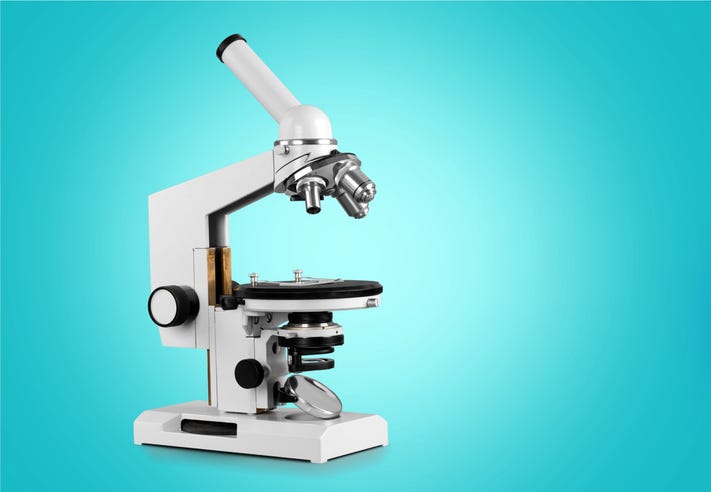
Patrick Meyer really knows American Science & Surplus. He started working at the eclectic science and discovery store in 1984, when he was 16. He eventually bought the business in 2012.
But the 88-year-old store — that still has a mail order catalog along with an online shop — is in danger of closing.
“It’s the only job I’ve ever known,” Meyer said. “It’s always been a passion of mine. With the customers, we call them ‘surpies.’ It’s a love relationship. They’re fantastic. We love talking to them, the stories they tell. It’s like no other business.”
The company’s troubles started during the pandemic. Meyer said its online store did well, but after the height of COVID-19, shoppers began favoring the convenience of Amazon, with its same-day delivery, and the low prices of retailers like Temu.
“It’s been affecting us for a couple of years, and then towards the end of this past Christmas was the biggest drop off that we’ve seen in a while,” he said.
But Meyer hopes to keep the lights on after last week’s launch of a GoFundMe campaign. The goal is to raise $200,000. As of Friday afternoon, he’s raised about $114,000.
The funds will be used to help the company update its software, pay vendors and move into a smaller warehouse. Meyer said the lease at its current warehouse expired, and the company will likely have to move into a temporary space, which increases the “urgency” of its fundraiser.
Skokie resident Mike Gershbein browsed the shelves at the Park Ridge store on Thursday. He stopped by after learning about the fundraiser.
“The GoFundMe made me think I hadn’t been here in a long time,” he said, clutching a car pillow, drink markers, glow-in-the-dark squishy fruit toys, Beavis & Butthead socks and a small pig figurine. “I used to go with my son when he was little and shop for stuff. And even before him, my wife and I would just go hang out.”
‘Radio Shack on steroids’
Founded by Al Luebbers in 1937, the retailer started out as a mail order catalog business then grew to be a “Radio Shack on steroids,” Meyer said. It operates a store in Park Ridge, Geneva and Milwaukee.
Meyer said he purchased the business after he “did everything else in the company,” working in every role.
At the shop, he lights up when answering questions from curious and loyal “surpies.” He knows what nearly everything in the store is and what it can be used for.
His favorite part of the store is the electrical mechanical surplus aisles, covered with batteries, motors and switches.
“Where else can you find actual tuning forks,” Meyer said.
There’s also the popular military section, packed with gas masks and helmets, and the camping aisle. There’s the obligatory science sections, with beakers and “magnets upon magnets,” he said. There are rubber chickens in the novelty toys section, STEM kits and a hodgepodge of products from CD carrying cases to scraps of leather.
“There’s something for everybody in American Science,” Meyer said.
Initially located on Chicago’s Northwest Side, American Science is frequently counted on by parents and students putting together science fair projects. But the problem, Meyer said, is once the science fair projects are done, the visits often stop.
“The one thing that we get a little too often is ‘I used to come here all the time with my kids,’” he said. “We sometimes get forgotten. If I had $1 every time somebody said that we’d be doing okay.”
Since the fundraiser launched, the business has seen renewed enthusiasm with shoppers coming in to visit.
“The response has been phenomenal, and we’ve tried to reach out to as many people as we can to thank them.We didn’t know what to expect. But we wanted to give it a try,” Meyer said. “Down the road, we are going to try to return the favor. … If we pull through this, we are going to go out of our way to try and pay people back or pay it forward.”
“It’s tough to ask people for money. We’re not a charity; we’re a business,” he added. “But when we started, people were more than willing to help out. And, you know, the love letters that they would send us cheering us on makes it a little bit easier.”
And if people can’t donate, Meyer has one request.
“At least stop and pay a visit to us and say hello,” he said. “And if you can’t come, stop at some other small business and help somebody else out. We’re not the only ones going through this.”
